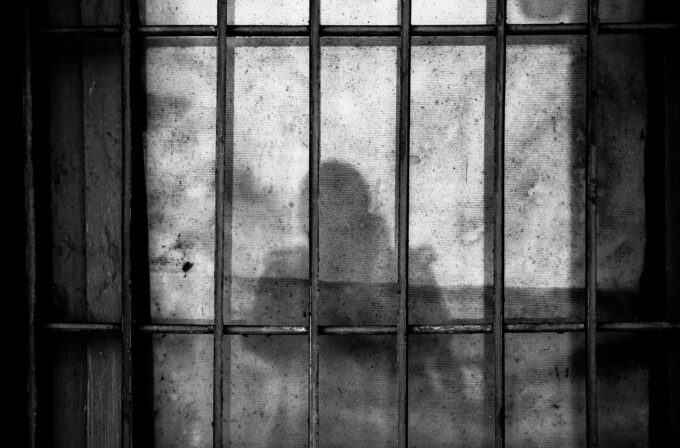
Image by Ye Jinghan.
Elaine* spent the final 20 years of her life writing letters to 25 long-term prisoners in the U.S. prison system. Each of the 24 men and the sole woman had been convicted of violent crimes, and 16 were on death row. Elaine’s decades of kindness became a topic of research.
In October last year, I listened to a talk by Richard Clark, an American professor of sociology and criminology. Clark teaches at John Carroll University in Ohio and was researching the motivations of people who write to death row prisoners when he connected with Elaine. She was 96 at the time, and died shortly after connecting with Clark. Elaine’s friend later donated her vast collection of letters from the prisoners.
Clark’s research is expected to be published later this year and he kindly shared an advance copy with me. His paper notes that while public support for capital punishment is declining, death row prisoners remain a heavily stigmatized group. His research aims to reduce this stigma by shedding light on the humanity of prisoners.
Clark notes the range of people who write to prisoners, some are driven by faith, others by a sense of justice or curiosity. Among them are the families of murder victims reaching out to the person who killed their loved one. One example highlighted by Clark involved a woman who wrote to the man who murdered her 90-year-old aunt. She wrote to express her forgiveness. Over time, they developed a long-term correspondence.
Clark’s research notes the isolation felt by prisoners on death row. Prison guards keep their distance from those that they may one day have to kill. Family visits can be rare and are often difficult. “Many death row prisoners often come from poor and chaotic families,” Clark wrote. “It is difficult for many families to visit. It can also be difficult for a family to visit when the prisoner is kept in a glass box and conversations occur over the phone.”
His research paints a grim picture of prisoners’ early lives, virtually all of the individuals in this survey reported a chaotic childhood. Stories of parental divorces/separations, physical, sexual, and emotional abuse by one’s parent were common.” One prisoner grew up in a brothel while his father was in prison. Another fled his home at age 10. He wrote that “it’s hard to complete school when you are living on the street.” Many were raised in poverty, moving between unstable homes and schools, friendships repeatedly severed by sudden moves.
About half of the prisoners expressed regret for how their lives had turned out. Many struggled with the monotony and isolation of prison. One wrote: “My life has been such a miserable waste, I’m disappointed.” Another said, “I always wanted to make my mother proud of me. That will never happen.”
Despite their difficult upbringings, many wrote fondly of family members, often expressing gratitude for their financial and legal support. Prisoners described family visits as a painful experiences, noting dehumanizing strip searches and verbal abuse from guards. Some noted the sight of loved ones behind glass was both a comfort and a cruel reminder of all they had lost.
Their letters describe prison as “hell on earth” and noted poor food, no access to healthcare, arbitrary rule enforcement, and abuse. As fellow inmates were executed, and as their own death sentences approached, depression was a theme for prisoners.
Clark’s paper ends with a reflection on the long-term suffering of these prisoners—people who, in many cases, grew up in awful circumstances. Clark also highlights the gratitude that prisoners expressed for Elaine’s compassion. Despite never meeting them, she provided kindness and connection. He notes that she was a deeply religious person. Letters from prisoners also noted their appreciation of Sister Helen Prejean, the Catholic anti-death penalty advocate.
Clark invites the reader to reflect on the morality of capital punishment, and to consider: “the fairness of legal proceedings, the possibility of wrongful convictions, and the disparities in sentencing that disproportionately affect marginalized communities.”
His paper concludes: “By acknowledging the shared humanity of death row prisoners, we are compelled to advocate for change, including the abolition of the death penalty. This, perhaps, is the ultimate lesson derived from these letters.”
*Not her real name.
The post Death Row Letters appeared first on CounterPunch.org.
This content originally appeared on CounterPunch.org and was authored by Chris Houston.